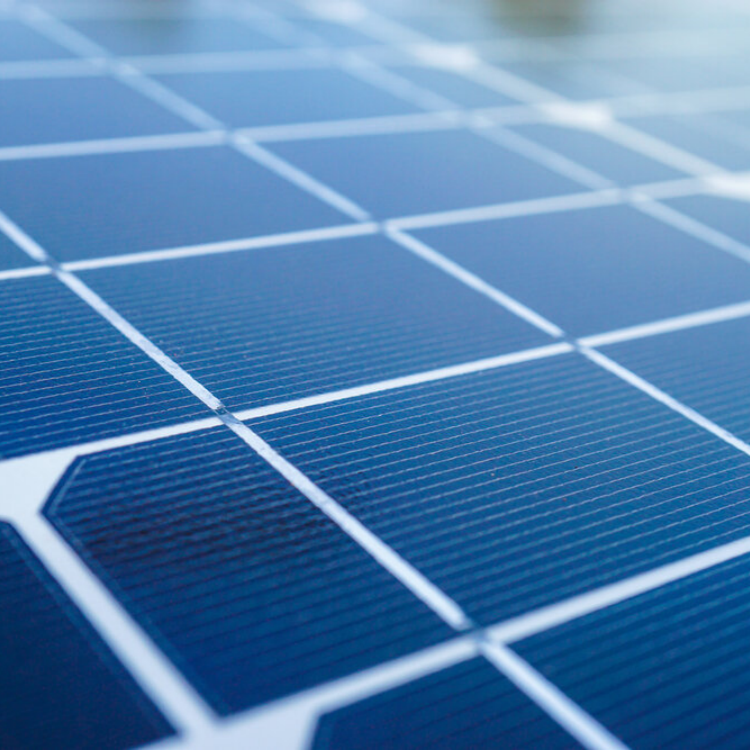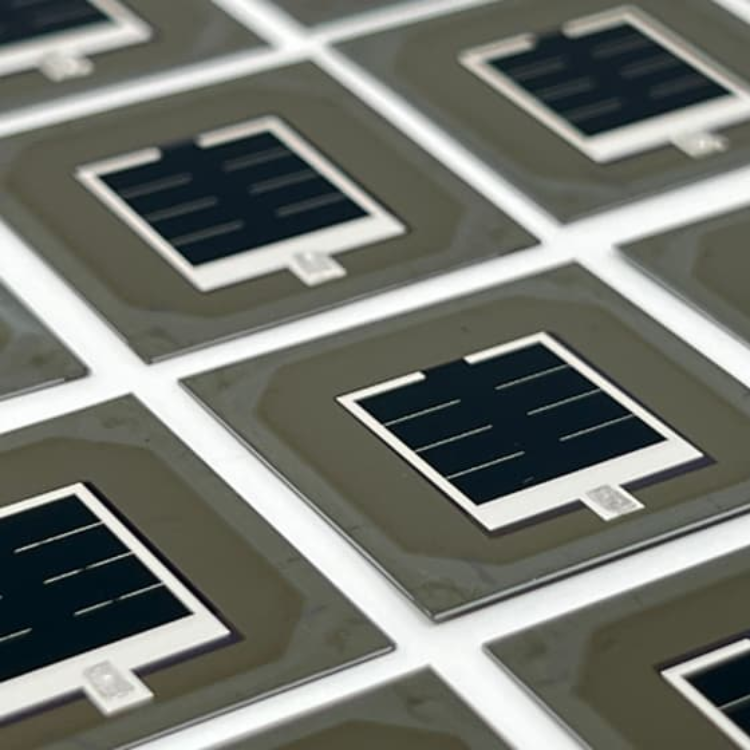Address
304 North Cardinal
St. Dorchester Center, MA 02124
Work Hours
Monday to Friday: 7AM - 7PM
Weekend: 10AM - 5PM
Address
304 North Cardinal
St. Dorchester Center, MA 02124
Work Hours
Monday to Friday: 7AM - 7PM
Weekend: 10AM - 5PM


It is reported that the National University of Singapore (NUS) has recently designed a new type of chalcogenide photovoltaic cell, which has set a world record of 24.35% of the world’s stabilized power conversion efficiency on an effective area of 1cm².
The NUS team surpassed the previous power conversion efficiency record of 23.7% for a 1cm² chalcogenide photovoltaic cell by successfully integrating a new interfacial material into the chalcogenide photovoltaic cell.
There are three main types of structures for chalcogenide modules, namely, formal planar structures, formal mesoporous structures and trans-planar structures. Although the formal structures have the advantages of higher efficiency and more stable chalcogenide layers, they are not suitable for mass production.
The National University of Singapore’s record-breaking single-junction chalcogenide cell used a trans-planar structure (p-i-n), which is the mainstream structure for chalcogenide photovoltaic cells, and is suitable for stacked structure extension and industrialization due to the low cost of the process, but faces limitations such as low conversion efficiency, expensive materials for the electron transport layer and poor thermal stability.
“Based on more than 14 years of chalcogenide solar cell development, this work represents the first example of a trans-structured chalcogenide photovoltaic cell outperforming a normal-structured chalcogenide photovoltaic cell, with an effective area of 1cm²,” said Hou Yi, assistant professor at the National University of Singapore (NUS) and leader of the research team. “This is largely attributed to the innovative charge-transporting materials included in our chalcogenide PV cells.
It is understood that the National University of Singapore (NUS) has recently launched a $770,000 research program to promote innovation and research in advanced photovoltaic cell technology in Singapore. Over the next five years, the REC@NUS Next Generation Photovoltaic Corporate R&D Lab (REC@NUS Corp Lab), a joint venture between the Solar Energy Research Institute of the National University of Singapore (SERIS) and REC Solar (REC), will be conducting research and development into the commercialization of chalcocite-silicon stacked photovoltaic cells.